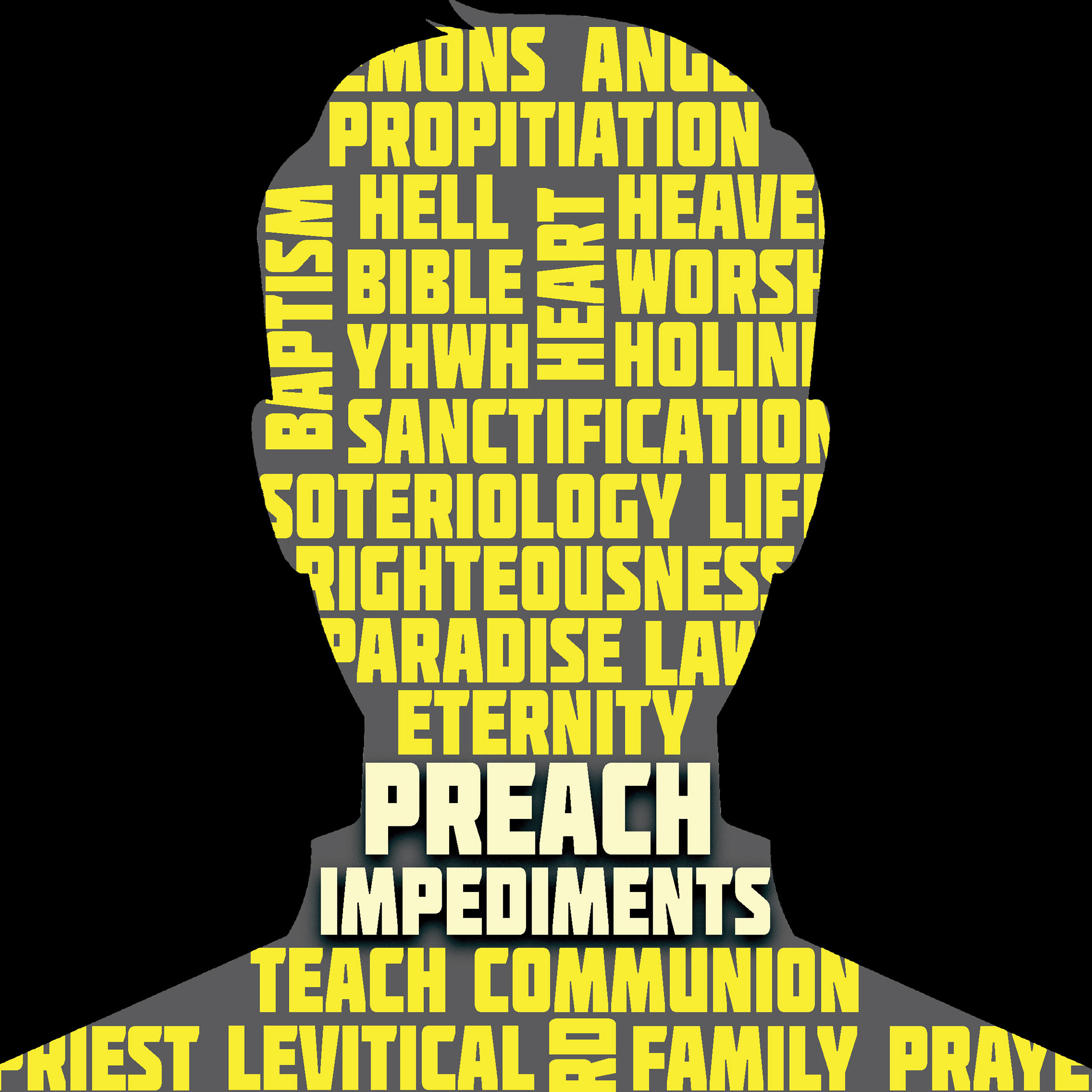
Love Better
Remember, you are loved, so go... love better!
Love Better
Love Could
An open door, a few bits of chocolate, and $1.18. Let's talk about what love could do if we all did what we could.
Audio excerpt from the USC Shoah Foundation archive - https://youtu.be/nc8neFqI9vA
"Remember, you are loved, so go, love better!"
New episodes drop on Tuesdays.
Gerda Klein was like any other young girl growing up in Poland in the 1920’s and 30’s. Born to Julius and Helene Weissman in the city of Bielsko, Poland she had a relatively normal childhood. Upper middle class, happy family, her father had some heart problems, but nothing that wouldn’t heal with time. Everything seemed good, until the German troops invaded in 1939.
I’m Scott Beyer and this is the Love Better podcast where we explore the truths and lies about love and more importantly how to turn love into a skill – something we can get better at and hone along the way.
And today, in order to understand love, we need to talk about Gerda and a door she didn’t open. Due to Gerda’s father’s heart problems, the family stayed put when the German tanks rolled in and other Jewish families fled. Doctors had advised that he not be moved or subjected to undue stress. There immobility put them right in the middle of the maelstrom that we know as the Holocaust – the mass murder of six million Jews by Nazi Germany.
Her father, Julius, was sent to a death camp in 1942. Her mother, was sent to one not long after. Gerda herself almost ended there, too when she tried to chase down the truck and reunite with her mother. She failed and instead of a death camp, she was placed on a truck headed for a labor camp. Gerda spent the next three years working under deplorable conditions at a textile mill in Silesia followed by forced labor camps in Marzdorf, Landshut, and Gruenberg. And then on a spring day in May of 1945, the Americans rolled in and liberated her and the other women.
The following is a two-minute excerpt from an interview with Gerda Klein from the USC Shoah Foundation’s audio and video archives.
Play audio excerpt - https://youtu.be/nc8neFqI9vA
I’ve listened to Gerda Klein give this story in multiple venues and it is always the same – two things. Her husband, Kurt, that American soldier called them ladies and held the door for her. These are two small things – he couldn’t somehow wipe her memory of the events and atrocities she had experienced – he could offer her two small things dignity and kindness. There were many things he couldn’t do, but those he could offer.
And Kurt Klein’s act of kindness and dignity reminds me of one of the most beautiful displays of love Jesus ever received. Less than two days away from His arrest and crucifixion, in the city of Bethany, two miles east of Jerusalem, Jesus sat around a table, eating one of the last meals he would ever enjoy this side of the cross. Surrounded by friends, he had retreated to Bethany for a short reprieve before the fireworks that lay ahead. In the midst of this meal, something peculiar happens – a woman brings in a costly perfume and begins to pour it on Jesus. She washes His feet with it, she pours it upon His head, and the disciples begin to squabble over whether this is an appropriate use of funds. After all, they could have sold the perfume and given the money to the poor, this seems like quite the extravagance in light of the relative scarcity the apostles themselves typically lived with as they traveled from town to town with Jesus. The apostles even go so far as to begin to scold her for her waste and luxury. The following is Jesus’ answer:
But Jesus said, "Let her alone; why do you bother her? She has done a good deed to Me. "For you always have the poor with you, and whenever you wish you can do good to them; but you do not always have Me. "She has done what she could; she has anointed My body beforehand for the burial. "Truly I say to you, wherever the gospel is preached in the whole world, what this woman has done will also be spoken of in memory of her." (Mark 14:6-9)
This anonymous woman had been listening. She had heard Jesus say He was going to die. She had heard His warnings that the end was drawing near. Ironically, she had been doing a better job listening than Jesus’ own apostles had. So what do you do for someone you love when they are facing the worst? There was so much the woman couldn’t do. She couldn’t take the crucifixion away. She couldn’t suffer for Him. She couldn’t stop it… but she could anoint Him for burial. She could give Him a luxury before He faced an atrocity.
She did, what she could. That’s a clarion call to love if ever I heard one. Love does what it can.
And since we are already doing Holocaust stories, I am going to add another… the tale of Francine and two pieces of chocolate. Francine Christophe was born in 1933, the year that Hitler took power. Francine and her mother were held in a camp in Bergen-Belsen. They were allowed to bring a small sack of items with them from their home in France – in those meager possessions, they had two pieces of chocolate. They decided to save the chocolate for the worst of times. The chocolate became their emotional lifeline. A little bit of cacao hope in the darkness.
One day, as the situation got grimmer, rations thinner, and hope faded – a woman in the camp who was pregnant, but so thin you couldn’t hardly tell came due to give birth. Francine and her mother made a decision – the chocolate, their two pieces of chocolate, might save this woman’s life. They were right – the woman and the baby lived. Years later, Francine gave a lecture on the effects of the Holocaust, told her story, and a woman from Marseille stood up and told her – “I owe you a chocolate bar… I am that baby.”
If we are going to love better, we are going to have to stop worrying about what we can’t do and start doing what we can. We can’t end world hunger, but we can feed one person. We can’t remove suffering, but we can sit with those are. We can’t fix a world that doesn’t treat women with dignity, but we can treat women like ladies ourselves. Love isn’t about what you can’t do, it is about what you can.
The word ‘could’ comes from the Old English word ‘cunnan’ which means ‘to know’ or ‘to be able to’. In short, in order to know what you could do – you have to know what you are able to do. Everyone’s life is limited. Even billionaires would run out of money at some point. You have limitations to your time, your skills, and your finances. You can’t be everywhere at once and you can’t be everyone’s best friend or everyone’s helper… but you can be someone’s best friend and someone’s helper.
In Paul’s letter to the churches of Galatia he says:
So then, while we have opportunity, let us do good to all people, and especially to those who are of the household of the faith. (Galatians 6:10)
Love needs opportunities, but oftentimes it only needs little opportunities to do something profound. Opportunities like:
That little old lady trying to make it out to her car with the groceries and you happen to be leaving at the same time
That spare fifteen minutes between meetings that you didn’t expect that leaves you time to text your wife and tell her she matters
That moment at the elevator that allows you a little time for conversation with that co-worker you don’t know that well
Or the sickness that allows us to show our love for the Christian that is always helping others but now needs us
Five minutes of your time to help your child with a problem that is big to them but small to you
One stamp to mail someone a handwritten letter
Ten minutes in the morning to pray for people
Fifteen extra feet of walking to put the grocery cart away or the ten extra seconds to say than you while looking someone in the eyes.
It isn’t always what you do with large amounts of time. It is what you do with small amounts of it. Jesus said it this way, “He who is faithful in little, is faithful in much.” Stop worrying about loving big. Love little because the little stuff matters.
We tend to underestimate two things when it comes to love. We underestimate our ability to make a difference, and we underestimate how much others notice the little things.
Jesus noticed the widow who gave two mites in Mark 12 and He reminds us that even giving a cup of cold water in the name of discipleship is worthy of a reward in Matthew 10.
The most significant financial gift I have ever received was $1.18 cents. Back in 2012, when we were in the process of adopting one of our daughters, we had to quickly hop on a plane and fly across the country to meet our beautiful two-year-old girl. It all was happening fast. Things were hectic and just as we were about to walk out the door, a boy from the congregation and his parents showed up on our doorstep. The parents had come with a generous gift of funds collected from Christians in the congregation, and this little boy at their side who had heard all about how everyone was helping our family bring our daughter home stood at my back door, reached into his pocket, and pulled out with his tiny fist four quarters, one dime, one nickel, and three pennies - $1.18. I’ve been blessed so many times financially in our family’s adoption journeys, but nothing has ever topped that $1.18.
And from that day forward, the widow with the two mites and the unnamed woman who anointed Jesus made a whole lot more sense to me. He gave what he could. For that kid, his $1.18 was his life’s savings. The finances didn’t change things much, but his love sure did.
Learn to love better. Love where you are able. Love small.
If you've listened this far, hopefully we've done something to help make your life a little bit better. Would you mind returning the favor and helping us by subscribing to the podcast through your favorite platform?
By sharing with others or leaving a review on Apple Podcast, you help us reach more people. Also, if you want more information about the work I'm doing at Eastland, visit us at eastlandchristians.org or my personal Bible site, Biblegrad.com, where you can sign up for daily Bible devotionals called Biblebites and receive them in your email each morning, take online Bible classes, or find videos that will help you study through the Bible throughout the year.
And until next time, “Remember, you are loved, so go… love better.”







